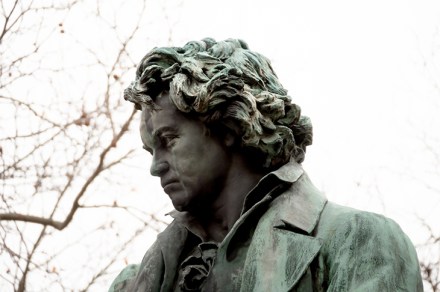In praise of burning pianos
How are non-conformists assimilated within the cloistered walls of tradition? Richard Wagner supplied the best answer to the age-old question in Die Meistersinger von Nürnberg, when Hans Sachs, the cobbler-poet, reconciles youthful ardour with the wisdom bestowed by experience. Learn from the masters, he tells the townsfolk, if you want to start afresh. It was a lesson absorbed by all the great modernists. Stravinsky, Joyce, Eliot, Picasso, Kandinsky and the rest of the gang understood thoroughly what had come before. Alas, it is a lesson as yet unlearned by Kate Molleson, whose pleading on behalf of ten musical misfits is unlikely to ‘open our ears’, despite her best intentions. For



